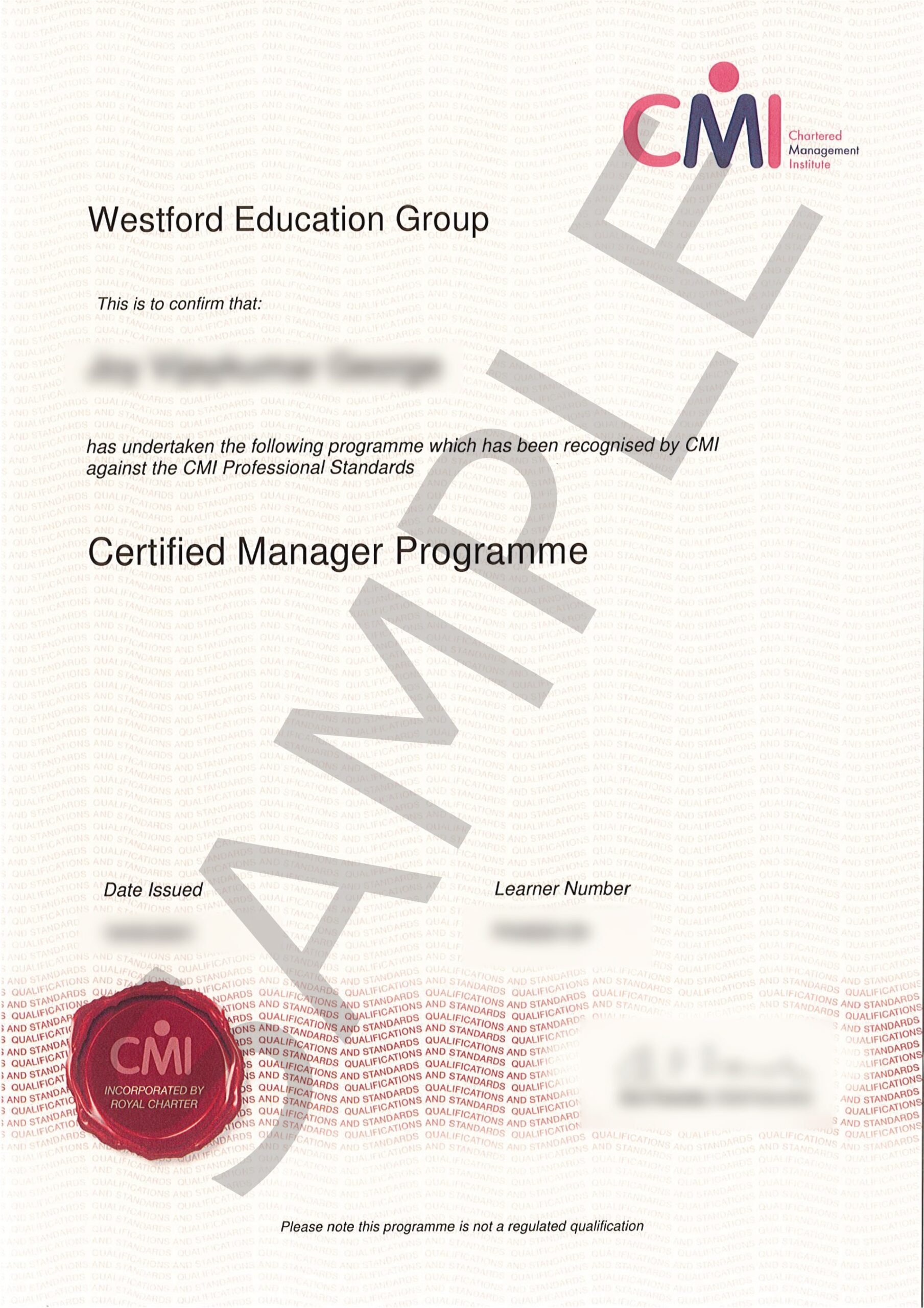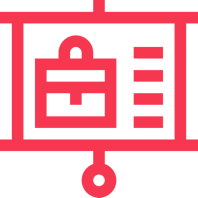In the past decade, the business landscape has undergone significant transformation, necessitating professionals to expand their expertise beyond their respective fields in order to contribute effectively to their organizations. Recognizing this need, Westford Uni Online has collaborated with UCAM, Spain to offer the Executive MBA in Business Operations program, catering to the current demands of businesses.
This program is designed to equip learners with a deep understanding of diverse business domains in a process-oriented manner. It aims to facilitate professionals in three key areas of development. Firstly, it enables them to acquire a comprehensive knowledge of business operations and their underlying processes, providing them with a holistic view of organizational dynamics. Secondly, the program focuses on adapting to the latest methodologies and technological advancements, ensuring that learners stay up to date with the evolving business landscape. Lastly, it emphasizes specialized subject matter, allowing participants to achieve expertise in specific areas relevant to business operations.
The Executive MBA in Business Operations program comprises two distinct parts.
The core modules provide a comprehensive and all-encompassing perspective on various aspects of business, including its fundamental processes.
These modules lay the foundation for learners to develop a well-rounded business acumen.
The final two modules concentrate on cultivating a specialized outlook, enabling students to delve deeper into their chosen areas of specialization.
Upon successful completion of the program, participants can earn up to 60 ECTS credits, demonstrating their academic achievements.
- This MBA degree is awarded by UCAM under the provision of university private degrees – TítuloPropio
- Learners will not receive any equivalency as it is a distance learning program.
Part One
The first part of the program consists of seven modules that make up 46 ECTS. It forms the foundation on which the specialised modules will be taught.
| | Module Name | ECTS |
 | International Human Resource Management
Learning Outcomes- Critically review and analyse the importance of HRM and its practices in an organization, and how it can be linked with an organizational behaviour activity in overcoming business issues and challenges for a better performance of the organization.
- Critically review and analyse the framework of leadership and consider the nature, strengths, and weaknesses of the various approaches: traits; functional; behavioural; style; contingency. The continuum of leadership behaviour should be explored in some depth with consideration of the factors determining the chosen leadership style.
- Discuss the concept of organizational behaviour and its interface with management. Review and critically synthesize the various influences on behaviour in organizations and the interface with management in integrating and balancing these.
- Assess the role of IHRM and its impact on global organization. Identify some of the key HRM challenges facing organizations working internationally. Discuss the prevalent HRM practices in global organization.
| 7 |
 | Operations Management
Learning Outcomes- Know the various tools, techniques and apply suitable tools and techniques in different alternative scenarios of Operations Management.
- Apply information management techniques and evaluate them in context of operational functions to achieve competitive advantage and make the organization globally competitive.
- Apply and critically evaluate the importance of project management to given business situations (Using PERT / CPM).
- Demonstrate operations strategy in domestic and global context and evaluate how the use of technology has impacted the operational functions.
| 7 |
 | Strategic Change Management
Learning Outcomes- Identify and analyse the implications of managing strategic change in supporting Organizational transformation.
- Analyse the organizational management challenges faced during the transformation changes experience by the organization.
- Analyse and evaluate the significance of strategy employed in trying to bring about an effective change management in an organization. How it impacts leadership and human behaviour in the organization.
- Evaluate different change management theories propounded on management and leadership attributes which leads to enhanced contribution by managers and the employees.
| 7 |
 | Strategic Management and Leadership
Learning Outcomes- Analyse the concepts and theories of strategic management and critically evaluate the relationship between strategy, stakeholder expectations and organizational performance.
- Evaluate the impact of current and emerging Economic, Political and Cultural factors on strategic management in an international context.
- Formulate business strategies under challenging circumstances of Innovation and Change and evaluate those that contribute to the success of a particular organization.
- Develop plans for the implementation of business strategies and enhance Stakeholder Expectations.
| 7 |
 | Socio – Economic – Legal Environment
Learning Outcomes- Critically analyse the knowledge economy and the various drivers of economic changes which impact business activities.
- Understand the legal framework and its implications in the wider context of business management.
- Critically evaluate the political factors which influence company management and dynamics.
- Analyse case scenarios and case studies on the various economic drivers and legal frameworks practiced in business management.
| 5 |
 | Digital Marketing Strategy
Learning Outcomes- Understand the evolving trends in business environment globally and analyse how they pose challenges to marketing management functions in organizations.
- Assess the marketing mix of organizations and evaluate how they offer sustainable competitive advantage to organizations.
- Analyse the impact of consumer behaviour, integrated marketing communications and social media marketing and how they are driven by digital marketing strategies in organizations.
- Assess the use of digital marketing tools by applying relevant marketing theories and frameworks in the context of emerging trends in digital marketing.
| 7 |
 | Introduction to Data Analytics in Business Processes
Learning Outcomes- Understand how to critically analyse business data in an organizational decision-making context.
- Demonstrate an understanding of the principles of business analytics.
- Demonstrate proper application of data management and data analysis techniques.
- Application of different statistical data analysis methods and data visualization techniques to arrive at sound business decisions
| 6 |
 | Total | 46 |
Part Two:
The second part focuses solely on specialisation modules. There are a total of two modules that make up to 14 ECTS.
| | Module Name | ECTS |
 | Engineering Optimization and Technology Management
Learning Outcomes- Understand the application of integrated management control systems, tools and techniques to schedule, control and evaluate engineering project scenarios.
- Understand the process of innovation, research and development management and protection processes in managing technology-oriented engineering projects.
- Examine the role of technology audit, technology transfers and global technology strategies in the wider context of delivering engineering products and services.
- Analyse the role of decision making, risk and uncertainty appraisals in delivering engineering products and services.
| 7 |
 | International Supply Chain Planning, Design, and Implementation
Learning Outcomes- Understand cross functional drivers of supply chain in a globally competitive context.
- Understand Multi-model logistics systems, shipping strategies, stockholding, inventory, and warehousing management in a global context.
- Understand supply chain management system models and techniques like SCOR and CPFR.
- Analyse financial agreements within supply chain management systems and the issues surrounding tariffs, taxes, and payment methods in supply chain networks.
| 7 |
 | Total | 14 |














